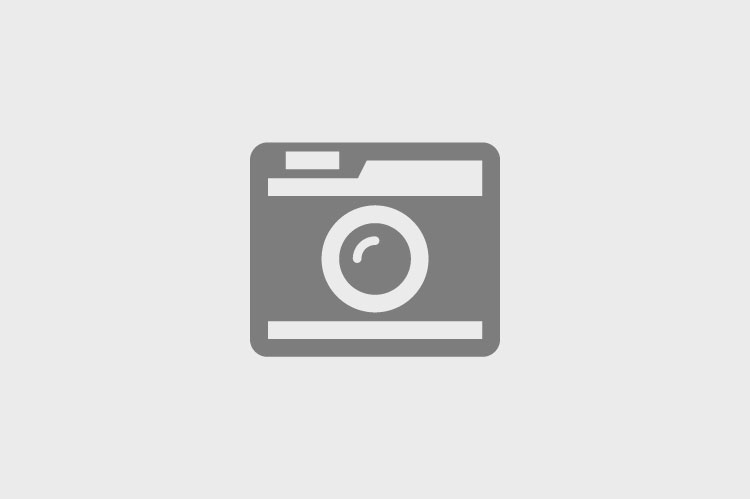It is rather difficult sometimes to make sense of warfare and political issues in far away lands, though it's always possible to draw parallels with similar historical events in other countries. People in the UK are well acquainted with IRA's form of doing politics: bombings and assassinations targeting innocent civilians, extortions, assaults, in sum, terrorism. So try and picture this for an instant: information pertaining operations, communications, international networks and funds sources belonging to an IRA top commander has been recovered by MI5, in a stint operation in Ireland. A terrorist base was destroyed and a number of internationally wanted terrorists were killed. Incensed by violation to its sovereignty, the government of Ireland has immediately suspended relations with the UK. The French Prime Minister, who exerts a great deal of influence in Ireland and is seen as maverick revolutionary whose policies should be copied, has unilaterally frozen diplomatic and commercial relations with the UK, France's second largest trading partner, in solidarity with Ireland. Furthermore, France's military presence along the Channel has been beefed up, and a few battalions have been ordered to the coast.
In public statements, the French PM has condemned the UK government, accusing it of being America's lap dog, and is touring the world, lobbying other countries and trying to form a coalition to further isolate the UK. The situation remains extremely tense. UK businesses have lost millions of pounds due to the conflict. Thousands of jobs are in danger. The reasons that have prompted the French PM to adopt such a stance remain quite inexplicable, in light of the fact that the IRA is considered a terrorist organisation by all European countries...
Hard to imagine? Quite right. A similar scenario involving Spain, France, Portugal and ETA could easily be drawn. Imaginary scenarios aside though, something remarkably similar took place in March 2008, when Colombian military bombed a rebel camp in Ecuador, killing Raul Reyes, and recovering a huge cache of data about FARC's activities. Venezuela's Hugo Chavez immediately came to Ecuador's, and FARC's, rescue, siding with the terrorist group. Inexplicably, for the third time since he took office, and again due to the FARC, Chavez froze relations with Colombia. When former President Alvaro Uribe raised the issue with the Organisation of American States (OAS), Chavez broke again with Colombia, a fourth time. Colombia's request for the formation of an international commission to investigate presence of 1500 terrorists in 87 camps within Venezuela went unanswered at the OAS.
On Tuesday this week, the International Institute for Strategic Studies (IISS) published a dossier entitled "The FARC Files: Venezuela, Ecuador and the Secret Archive of 'Raúl Reyes'". It provides a rare insight into the Colombian narco-terrorist organisation, and how it has established relations and support networks, at the highest levels, with Hugo Chavez's and Rafael Correa's governments. In fact, there's evidence that both Chavez's and Correa's political campaigns received donations from the terrorist group, at one time or another. So let me spell it out again: what would happen if it were to be revealed that political campaigns of French and Irish PMs had been funded with money coming from the IRA? The dossier depicts a very close, almost intimate, relations between wanted murderers with Venezuelan and Ecuadorian officials. It shows how passports, weapons, uniforms, oil, cocaine, and money exchanged hands between a criminal organisation and law enforcement authorities. The level of penetration of FARC in Venezuelan public institutions and officialdom is shockingly disturbing. But above all else, it shows why Hugo Chavez, in clear violation to UN resolutions, keeps siding with FARC: he sees the terrorist group as a useful partner both for internal and foreign policy agendas. As early as 1992-1994 Chavez was on the FARC's take, that's four full years before his election. So committed seem Chavez to the FARC's cause, that at one point he offered Venezuelan oil, to be traded by the rebels in the spot market, and with resulting income MANPADS could be purchased to Aleksander Lukashenko's regime. What a lovely story.
The files however provide a window into FARC's own view of Chavez, who's described as unreliable, useless, shallow, devoid of ideological depth, opportunistic, hypocritical, heading a regime of spineless individuals which is revolutionary only in name, rather much like how the rest of the world perceives the Venezuelan caudillo really. Perhaps if he knew how his terrorist partners see him, Chavez wouldn't have been so keen on burning bridges, and his reputation along the way, to side with a group that has caused thousands of deaths and millions of displaced in Colombia. Fortunately, evidence of Chavez's somewhat erratic historical support for FARC is now in the public domain, for the benefit of all.
In the future, any apologising for Chavez, and by extension for the FARC, whether it comes from self defined "independent" professors, or Mayoral candidates, ought to be confronted with contents of the dossier. And is worth repeating some of the questions that this treasure trove of internal communications raise: what would happen in Europe is something similar were to be discovered? What would the fate of an elected official be if connections to a terrorist organisation, or to a supporter of same, were to be exposed? Is it Chavez any more palatable than Gaddafi? Are his diplomats in the UK any more acceptable? Given that 80% of Colombia's cocaine produce enters international markets via Venezuela, what are the international community, Europe, and the UK more specifically, doing/going to do with the intelligence contained in that dossier?

